Changes ahead for the national screening system
Changes ahead for the national screening system
Details of changes to the national screening system from 1 October, due to the closure of Public Health England.
Details of changes to the national screening system from 1 October, due to the closure of Public Health England.

...or those where there is an existing screening programme – and makes independent recommendations to government ministers in the 4 UK countries. It doesn’t make policy (that’s what ministers do)...

...value. Colleagues from other organisations can sometimes take part. Contact us to discuss this on a case by case basis. Book your place The next classes will be in Skipton...
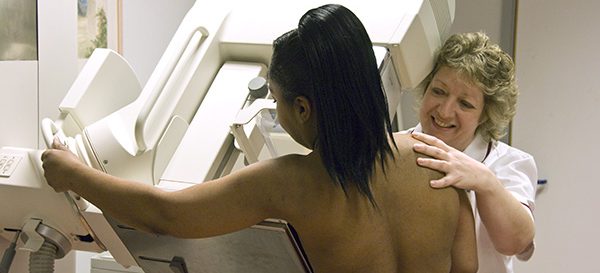
The NHS Breast Screening Programme has produced new guidance on the reporting, classification and monitoring of interval cancers. These are cancers diagnosed after a screening appointment at which a woman received a normal result and before her next scheduled screening appointment.

More than 40 people attended a regional diabetic eye screening (DES) networking day organised by the Midlands and East Screening QA Service (SQAS) team. Delegates included programme managers, clinicians, senior...

The programme will introduce a new improved home test kit for screening from April 2018. It is call a faecal immunochemical test (FIT) and it will replace the guaiac faecal occult blood test (gFOBt). It’s important that GPs and others working in primary care understand this change to the screening programme and its implications for …
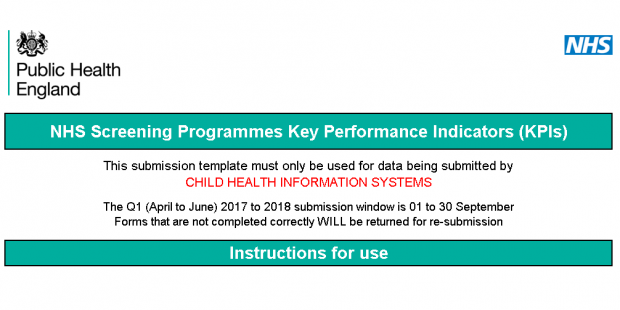
...in December when we collect the Q1 FA2 data. When submitting KPI data Please make sure to: sense check your data complete the ‘submitted by’ information make sure the data...
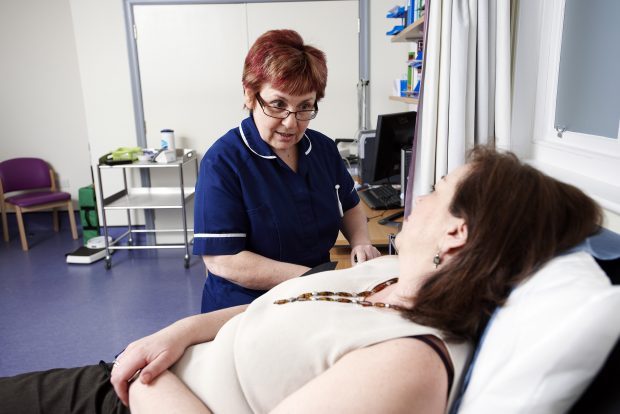
For the first time ever, we’re publishing detailed cervical screening coverage data by GP practice. Coverage is the proportion of women eligible for screening who have a test result recorded in the last 3 or 5 years, depending on their age.
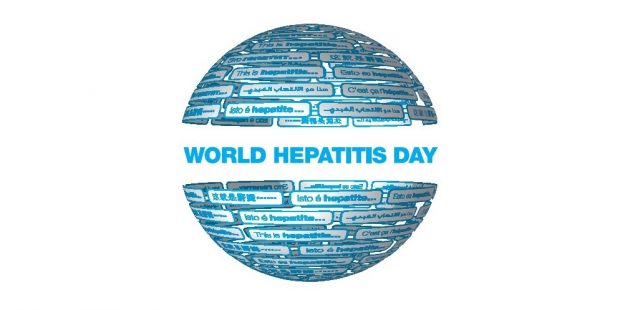
...blood or other body fluids of an infected person (for example, through sex or injecting drug use) Most adults infected with hepatitis B will get rid of the infection spontaneously....

We always want to improve the blog and make it easier to find the news and articles that are most relevant and interesting to you. That’s why we’ve introduced tags. These are a new way to search the blog quickly and easily.
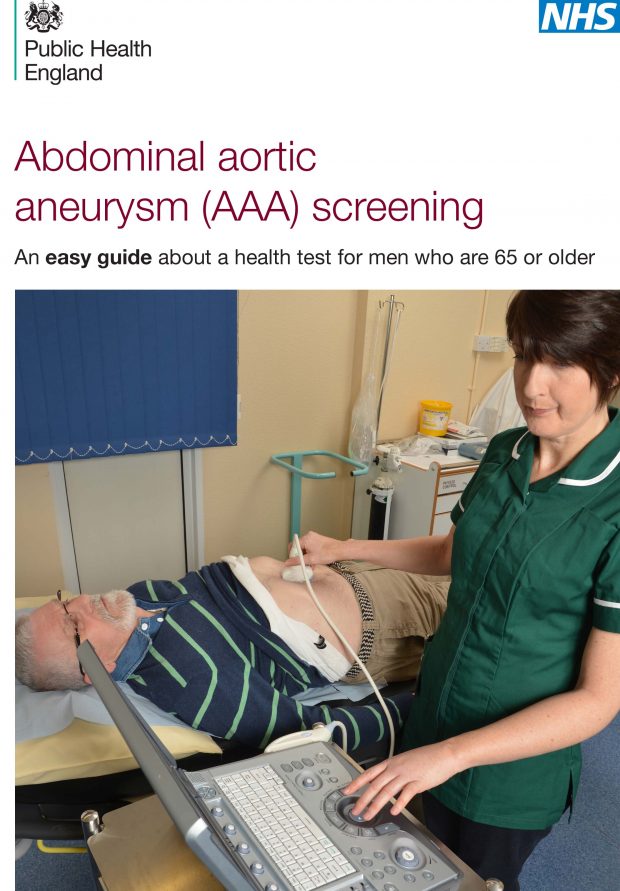
Today we’ve published our latest easy read information leaflet to help ensure screening is accessible to individuals with learning disabilities and low literacy levels.